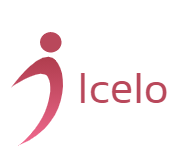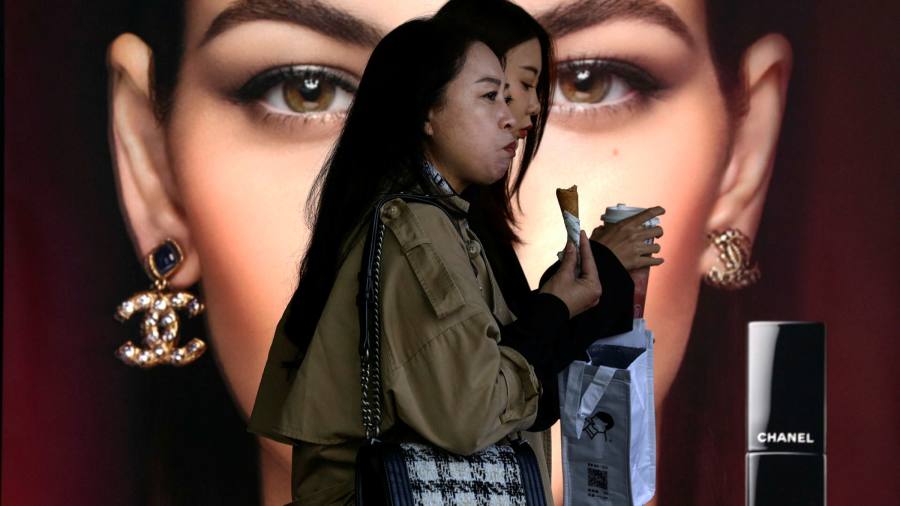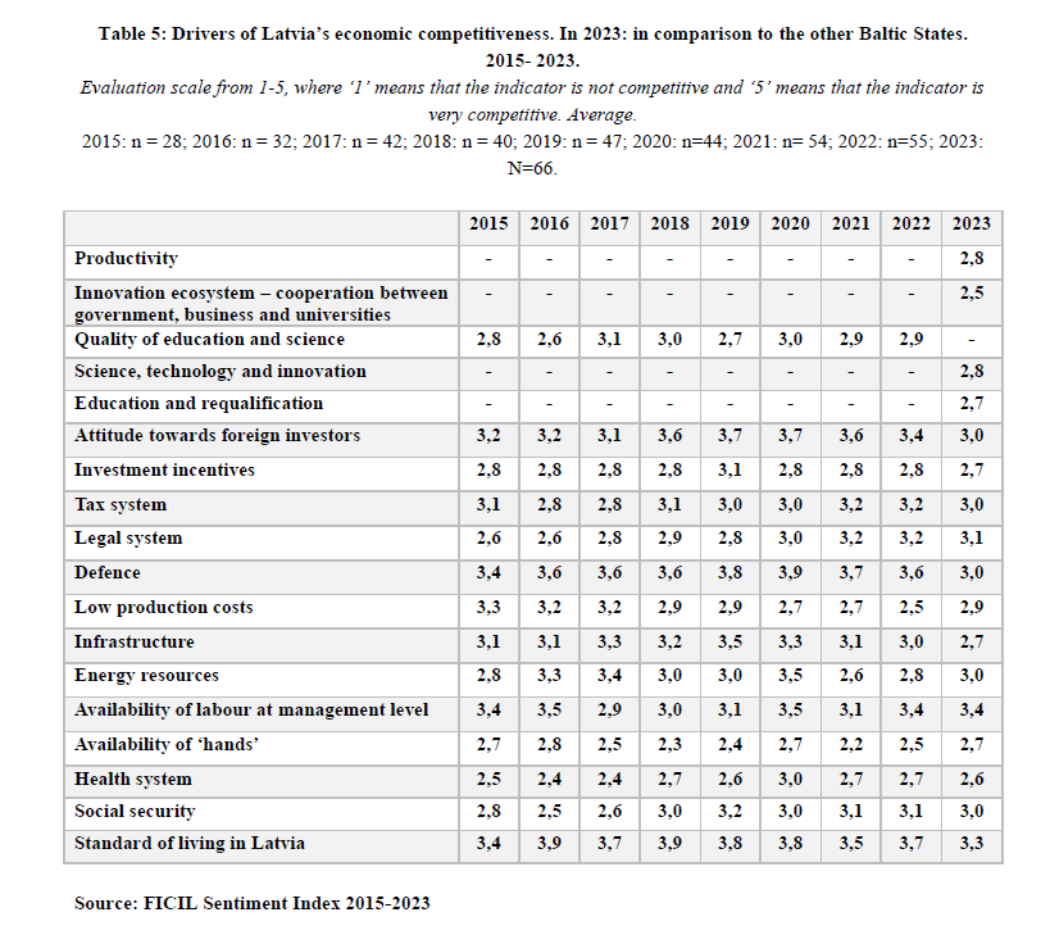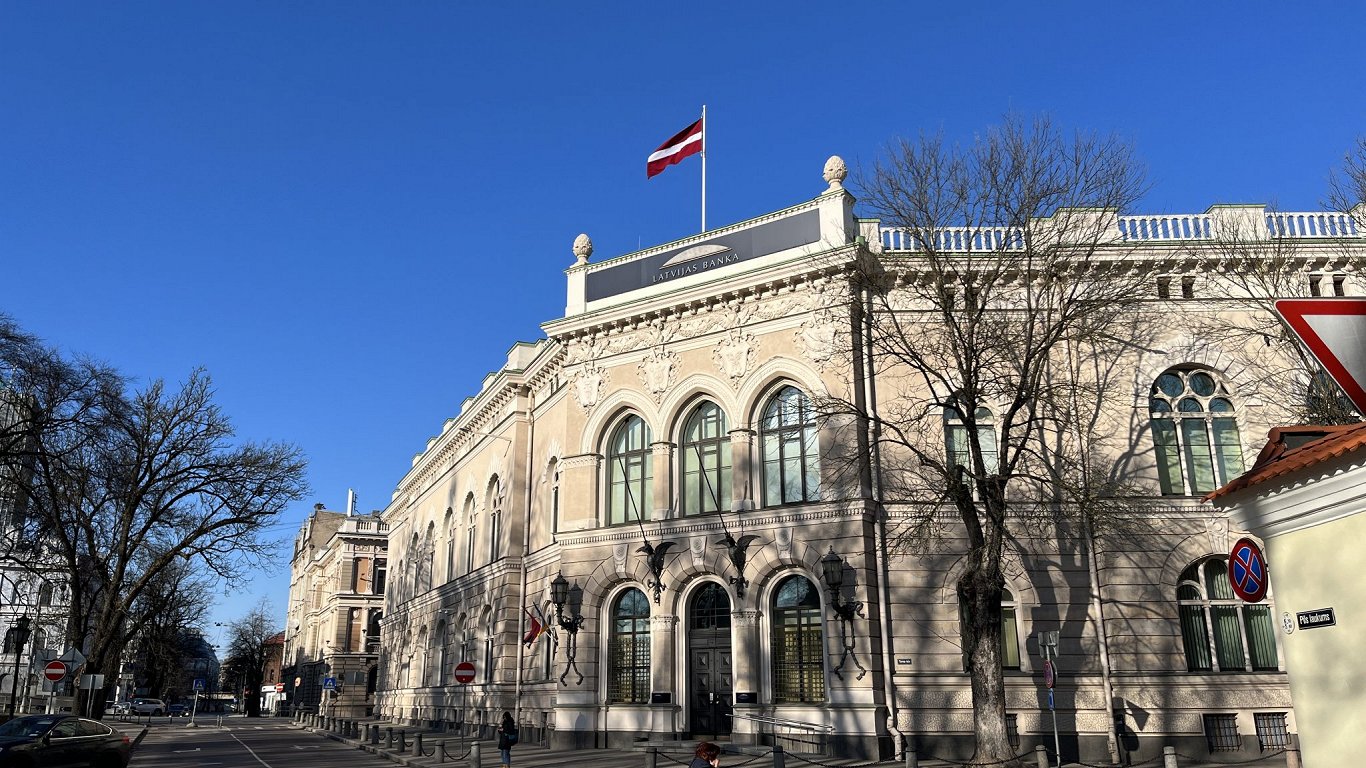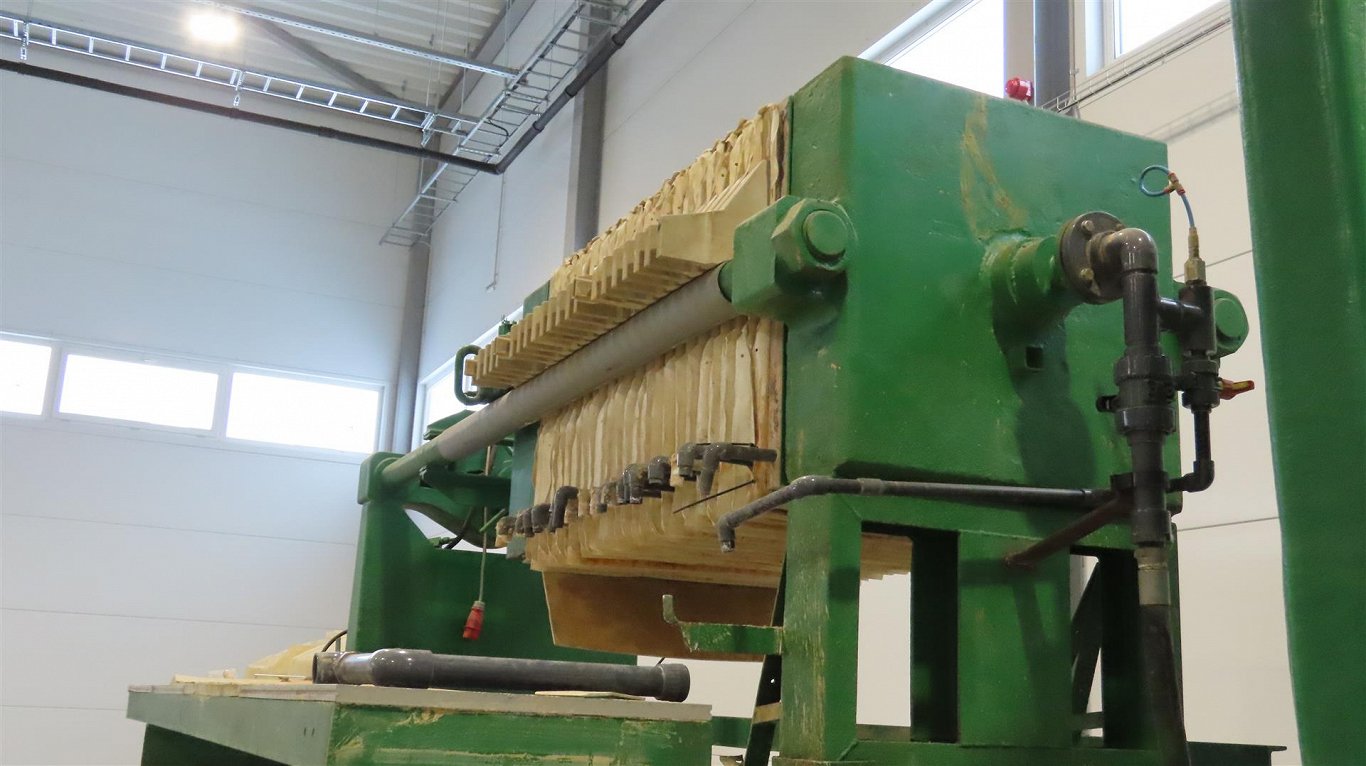China’s CPI returned to positive territory in December, raising hopes that the country’s economic recovery will boost demand at a time when core inflation remains weak.
The nation’s consumer price index beat expectations to rise 0.2 percent year-on-year in December after falling 0.5 percent in the previous month, with the gains largely driven by food prices.
It was price growth in China Anemia in recent months Despite the country’s rapid recovery from the coronavirus, which was supported by industrial production as new cases remained low.
China’s GDP is expected to have grown by 2.1 percent last year, compared to the contractions expected in other economies.
Core inflation, which excludes food and energy prices, fell to 0.4 percent year-on-year in December – less than at any time since the start of the coronavirus outbreak and its weakest level since early 2010.
Consistently low levels of inflation created a A puzzle for policymakers Other areas of the economy continue to heat up. People’s Bank of China Lower standard lending rates In the past year, however, the government has since moved to restrict the real estate sector.
“With economic activity remaining robust and core inflation likely to recover, we believe the People’s Bank of China will tighten policy this year,” said Julian Pritchard Evans, chief Chinese economist at Capital Economics.
But he added that consumer prices may return to deflation in the coming months, on the back of sharp increases in pork prices last year.
An outbreak of African Swine Fever in the summer of 2018 resulted in the culling of millions of pigs, raising the price of pork – one of the most important components of China’s CPI. In July, pork prices rose 86 percent year-on-year.
Factory gate prices in China, which have been in negative territory for most of last year, fell 0.4 percent year on year in December, beating economists’ expectations. On a monthly basis, the producer price index rose 1.1 percent, the fastest rate in more than four years.
Iris Bang, chief economist of Greater China at ING, indicated that the increase was partly driven by the coronavirus outbreak in Hebei Province, which has disrupted supplies. China reported Monday that the number of new cases exceeded 100 for the first time since July, with nearly all new domestic cases in Hebei.
But Ms. Pang added that both the CPI and PPI should win in 2021.
“After the Chinese New Year, we should see a rise in demand,” she said.
